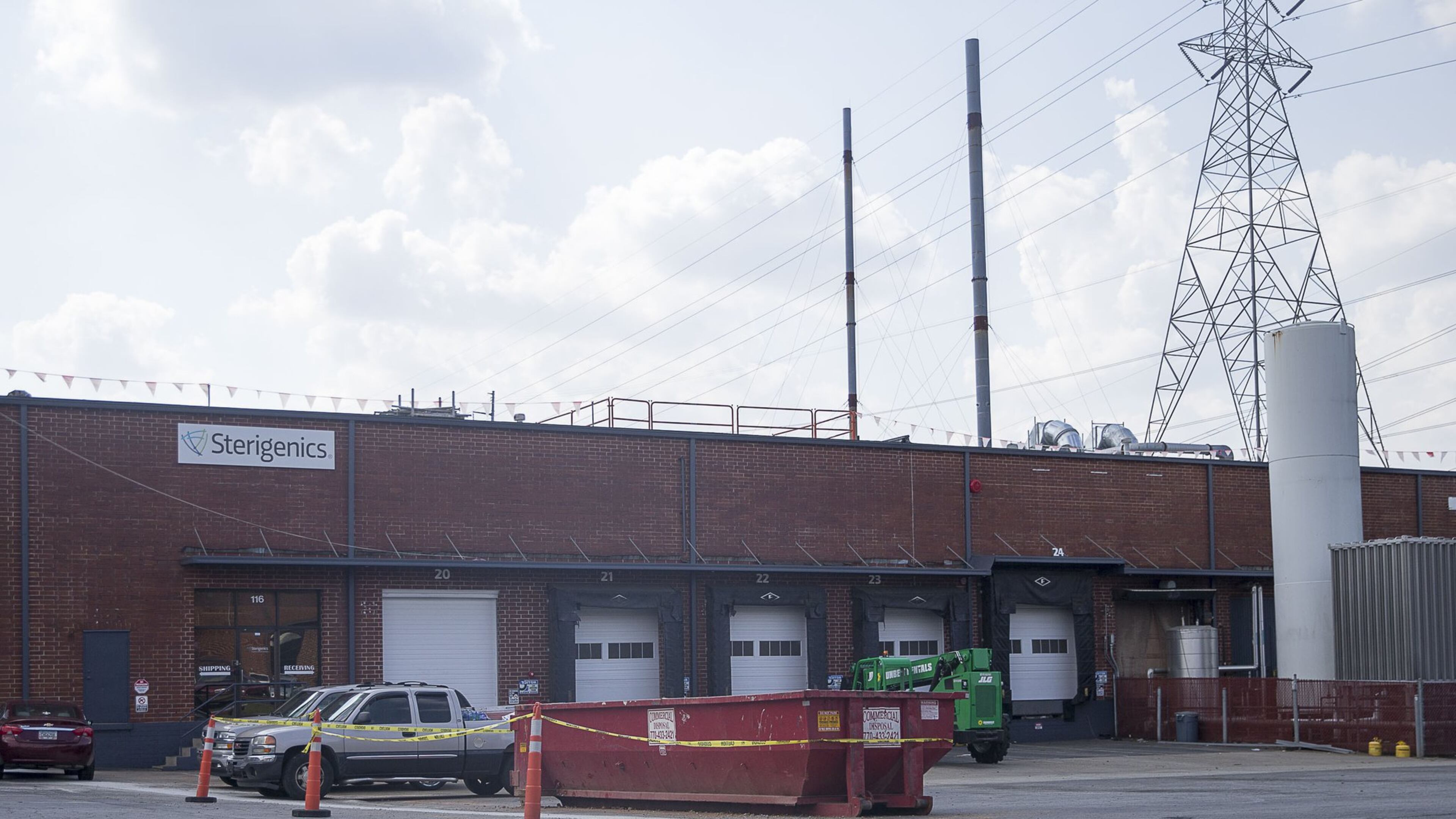Cobb County calls off Sterigenics test of new emission controls

State and local officials have called off a planned test of new emission controls at a medical device sterilization facility near Smyrna that had been scheduled for Thursday.
Sterigenics has been closed since August following public outcry over its use of ethylene oxide, a carcinogenic gas the company is legally permitted to use in the sterilization process.
The company is in talks with Cobb County and the state to reopen if it meets stricter fire safety and pollution standards.
A county spokesman said staff communicated initial approval of the test to the EPD, but local elected officials were not informed.
Commissioner Bob Ott, who represents the area, released a statement saying he only learned of the proposed test Tuesday night after Stop Sterigenics activists publicized a letter about it sent from Sterigenics to the Georgia Environmental Protection Division.
“I immediately reached out to the Governor’s office to get EPD to stop this testing and force Sterigenics to comply with county rules and codes,” Ott said. “Although the testing involves a test of the negative pressure system of the facility and is not using any ethylene oxide, it is unacceptable for Sterigenics to proceed without approval or permits from the county and the state.”
Ott’s concerns were echoed by some residents and lawmakers who questioned when and how the new emission control system was installed after the county ordered all work stopped at the plant in October.
“We’re deeply concerned and have many questions about how this could have happened when Cobb hasn’t approved their plans yet,” said Janet Rau, president of Stop Sterigenics Georgia.
Sterigenics said in a statement that it has consistently complied with laws and regulations.
“The installation of the enhanced emission control systems at our facility in Atlanta was nearly complete prior to the County’s request to halt that work in early October,” it said. “The County has approved the testing and balancing of the systems that has occurred since that time. We had approval from the County for tomorrow’s testing and today’s facility activity was preparation for that.”
The emissions control test is intended to satisfy a consent order between Sterigenics and the state requiring the company to prove the new equipment works as intended.
Separately, Sterigenics had its construction and occupancy permissions pulled by the county for allegedly being out of compliance with fire code. The company has hired a third-party engineering firm approved by Cobb to help it come into compliance, but no timeline has been released by the county.
State Rep. Erick Allen, D-Smyrna, wrote a letter to Sterigenics and the state opposing the testing on the grounds that Cobb has not completed its inspections and approval process yet.
“This means there is high probability that more construction and configuration of the facility is expected and would make this test obsolete and unnecessary until the physical plant meets code,” he wrote.
In July, WebMD and Georgia Health News highlighted a federal report that found potential long-term increased cancer risk around the Sterigenics facility and the Becton Dickinson plant in Covington, east of Atlanta.
Both companies have since entered into consent orders with the state imposing additional oversight. The two companies have both committed to install millions of dollars worth of new pollution controls amid ongoing government air testing.
OUR REPORTING
Last summer, residents began protesting Sterigenics in the wake of reports of potential increased cancer risk in surrounding neighborhoods.
Since then, AJC journalists have reported gas leaks and an explosion at the plant, as well as in-depth analyses of the regulatory response by state and local officials. One of our reporters flew to Chicago to profile a community that recently succeeded in shutting down a similar facility there.
We have continued to keep readers informed of the latest developments, including air monitoring test results.



